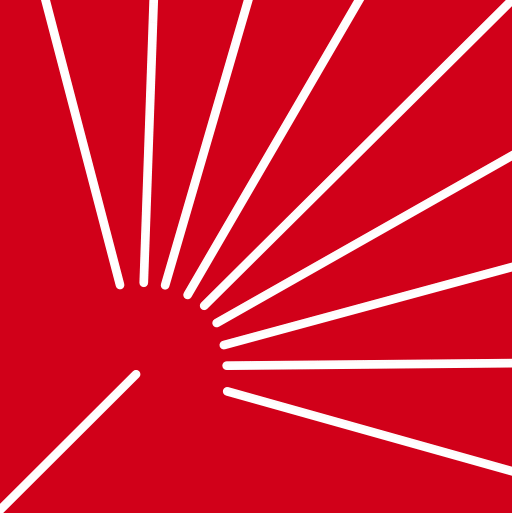
Agency for VET and Adult Education has received a large number of inquiries about formal adult education in the COVID-19 epidemic (theoretical education, practical training and exercises). The Agency has, in cooperation with the Ministry of Science and Education, developed new recommendations and classroom precautions.
On 03 September 2020, the Ministry of Science and Education issued the document Models and Recommendations for working in the conditions of COVID-19, academic year 2020/2021, which suggests models and recommendations for teaching in schools and kindergartens. Based on this document, Agency for VET and Adult Education has developed COVID-19 related teaching models and classroom precautions in adult education.
Both documents emphasise three different teaching models:
- Model A – classroom teaching
- Model B – combined classroom teaching and distance learning
- Model C – distance learning.
The school can opt for one of the three models (A, B or C), in accordance with the epidemiological situation and after consulting the school’s founder and the local Civil Protection Directorate.
The Ministry of Science and Education has instructed schools (18 December 2020, KLASA: 602-02/20-06/00786; URBROJ: 533-08-20-0001) to allow only essential workers on the premises during winter break, which effectively means that, until 15 January 2021, adult education programmes cannot be held in schools.
The directors have full responsibility for adult education institution’s work and must act according to the current epidemiologic restrictions depending on the region, following instructions by the Civil Protection Directorate for the region in which the institution is based.
In conformance with the aforementioned, the Agency will act according to the instructions by the Ministry, the Croatian Institute of Public Health and the local Civil Protection Directorates. If the institutions were given permission by the local Civil Protection Directorate, follow CIPH’s instructions and report regularly to the Agency (for models B or C), they can organise the relevant teaching model for their students.
Further recommendations for adult education by the Croatian Institute of Public Health (already delivered on 15 September 2020):
- Given the fact that the groups are small, it is necessary to always maintain social distancing of at least 1,5 m (ideally 2 m) between participants;
- Groups should, if possible, consist of the same participants, who should try to sit at the same spot in the classroom, of which records will be kept;
- Each person has to wear a mask, even while maintaining social distancing, since the students are mostly adults that can adhere to this rule; the mask does not have to be worn only if it impedes some lessons or content;
- During practical work experience, the participants have to adhere to the recommendations referring to that specific profession; the recommendations are the same both for the participants and the workers in the firm;
- Given the fact that most participants are of legal age, taking body temperature is highly recommended; elevated values measured by a non-contact thermometer should be additionally checked by measuring the temperature in the armpit (participants should be encouraged to bring their own thermometers for such situations). Elevated body temperature values are determined based on the armpit temperature and are 37,3°C or higher.
Agency for VET and Adult Education




SHARE